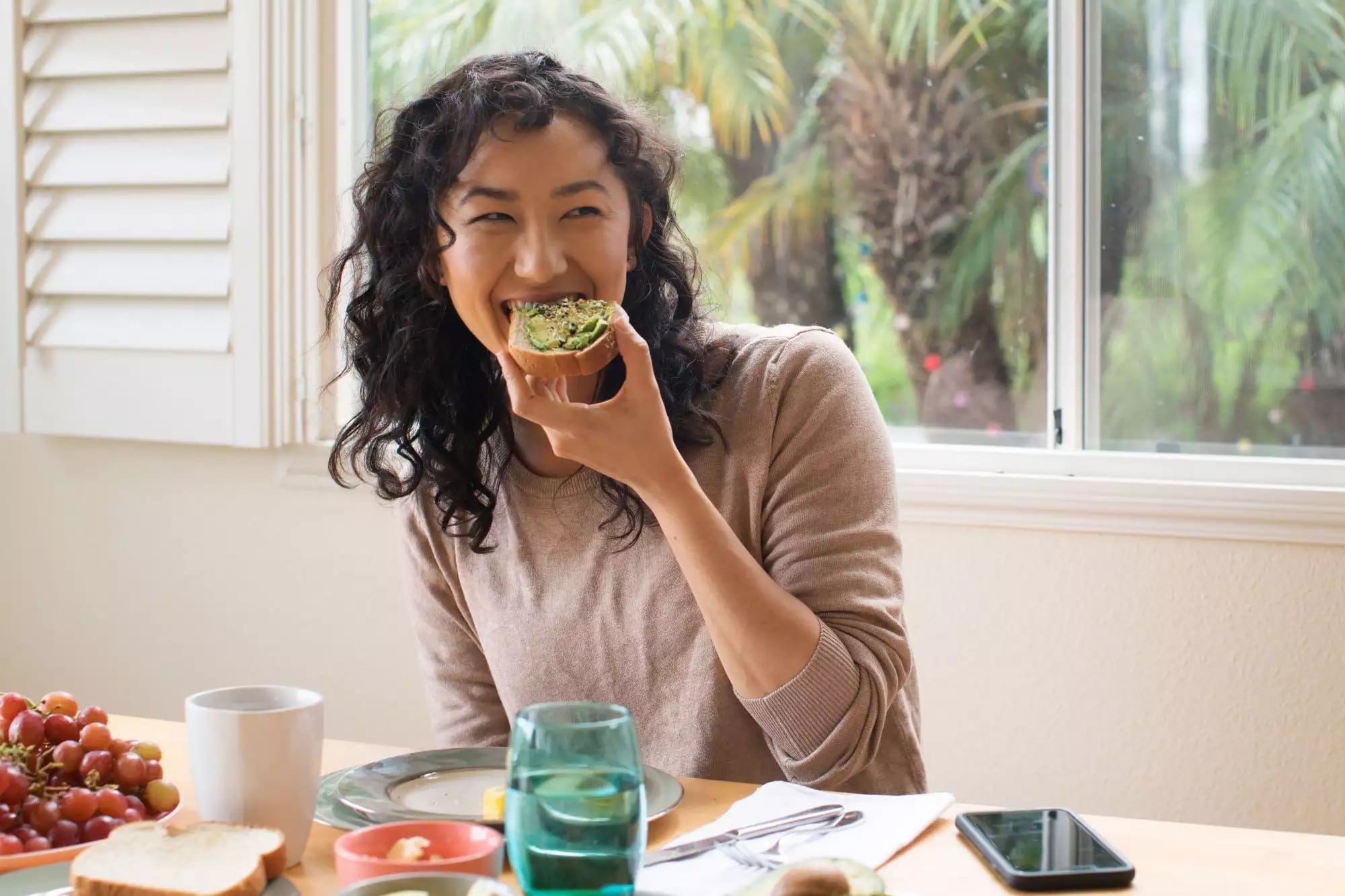

What is the difference between diet x dieting re-education
In order to lose weight, many people choose the diet path, sometimes the craziest ones. Paleolithic, low carb, ketogenic diets, there are many alternatives available, which, by presenting a faster result, are very much in demand. Cutting food and eating much less, in fact, the size will decrease, but is it healthy? And when the diet is over? The pounds will probably return.
Well, you may be asking yourself: then what is the way? This is where dieting re-education comes in! It differs from dieting in that it gives long-term results and helps you create a healthy and balanced relationship with food.
But the difference between diet x dietary re-education does not stop there, we have other issues that need to be addressed. Keep reading this article and find out what they are!
What is a diet?
People looking to go on a diet usually have a goal to achieve quickly, whether it is body mass gain, weight reduction, cholesterol control, or even a preparation for a sports competition – much seen with wrestling athletes. “Dieting is something temporary, often unbalanced and without long-term goals,” says Caroline C., a diet specialist at Hospital Albert Einstein.
However, what is also often seen are diets that are informally advertised and followed without commitment and professional monitoring, which ends up being a health risk, since each body has its own characteristics and responds differently to changes in eating habits: “The risks range from malnutrition to irreparable damage, such as intestinal and even anemia or eating disorders,” warns the nutritionist.
What is dietary re-education?
The re-education is a way to eat better, with quality, aiming above all, your health and quality of life. You will have to make changes gradually, until it becomes a habit. The role of dietary re-education is not to deprive you of any food, but to teach you how to eat correctly, which requires persistence and dedication, because it includes quality, combinations until it becomes a natural habit. The important thing is to worry about the quality of your food, not the quantity.
It is worth pointing out that the results of the dietary re-education do not appear immediately, but over time. The benefits achieved are countless, such as: full health, well-being, disposition, improved skin and hair, nails, bowel function, emotional rebalancing, prevention of several diseases or a better management of them, and the main thing, the results will be taken for life.
What do you need to know about diets?
The ideal diet should avoid premature aging of the body, it needs to give a feeling of well being, energy, and lightness. When you go on a drastic diet, your body becomes unbalanced, and even though many people adapt to this kind of diet, nobody can stay with this diet for a long time.
For these reasons, dieting has its pros and cons. In weight-loss diets, for example, if on the one hand the person is encouraged to reach a goal within a certain period, on the other hand, after reaching the goal and after the deadline, many put on weight again and regain all the weight they had lost, or even more. This possibility does not exist when we talk about dietary re-education.
And of course, what do you need to know about dietary re-education?
More than just maintaining a good quality of life, eating a healthy diet with a balance of nutrients means strengthening the body, improving its functioning, and preventing disease.
This happens because the human being needs a combination of nutrients that has the right amounts and avoiding excesses or restrictions without specialized follow-up.
The correct combination of vitamins, minerals, carbohydrates, proteins, fiber, and even fats is responsible for supplying the body with energy for the day to day activities, preventing premature aging, improving sleep quality, and the digestive system.
On the other hand, the consumption of processed and industrialized foods, dyes, preservatives, sodium, and sugar in excess can harm the body in many ways.
Thus, balance, responsibility, and knowledge about the difference between diet and dietary re-education are required to ensure a quality of life and strengthen the body against diseases such as cancer, diabetes, and hypertension, for example.
Getting the follow-up from an expert is key to ensuring that you are eating the right food for your body type and your goals.
Did you enjoy today’s article? Then, keep following our blog.
We are always bringing you tips, news, and updates about the world of nutrition that generates results.
Thank you for reading and see you next time!